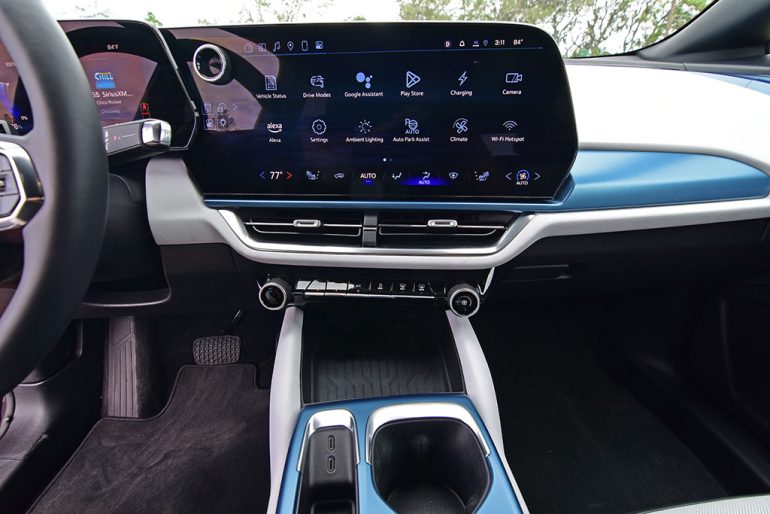GM Clamps Down on Apple CarPlay Retrofits in EVs : Automotive Addicts
Automotive

Normal Motors is drawing a agency line within the sand with regards to Apple CarPlay in its newest electrical autos, and it’s not nearly skipping the function in new fashions — the automaker is now actively shutting down aftermarket efforts to carry it again.
Again in November, White Automotive & Media Providers rolled out one of many first and solely viable Apple CarPlay and Android Auto retrofit kits for GM’s new Ultium-based EVs. This resolution provided a factory-style expertise, full with wired and wi-fi connections and full-screen integration, however on account of its complexity, set up was restricted to only one dealership: LaFontaine Chevrolet in Plymouth, Michigan.
Regardless of being a promising workaround for tech-savvy prospects unwilling to surrender CarPlay, the retrofit has been abruptly discontinued. Whereas White Automotive initially provided a obscure clarification citing long-term viability considerations, latest stories from The Drive and GM Authority reveal that Normal Motors utilized strain behind the scenes. In keeping with these sources, GM directed LaFontaine Chevrolet to stop providing the retrofit, citing potential interference with “essential security options” and warning that it may void components of the car’s guarantee.
This newest transfer reaffirms GM’s agency stance in opposition to Apple CarPlay in its EV lineup — a choice that drew widespread criticism when the corporate first introduced it in 2023. As a substitute, GM is doubling down on its proprietary infotainment software program, co-developed with Google. Whereas the automaker argues this method permits for deeper integration with car methods, higher OTA (over-the-air) updates, and improved security monitoring, many shoppers are annoyed by the shortage of alternative, particularly given the recognition and seamless performance of Apple CarPlay and Android Auto.
By actively working to stop even third-party options, GM is coming into controversial territory, risking the notion that it’s prioritizing management over client desire. The corporate maintains that its determination is rooted in security and guarantee integrity, however critics argue it’s extra about sustaining ecosystem dominance and capturing in-car knowledge and monetization alternatives.
As of now, it’s unsure how GM plans to deal with EV homeowners who already had the retrofit put in. A future software program replace may disable the system altogether, which raises further considerations about long-term product compatibility and client rights.
This case shines a highlight on a rising pressure within the auto business — one the place automakers are shifting from conventional producers to software program gatekeepers. Tesla famously doesn’t help Apple CarPlay both, and now it appears GM is following that blueprint extra aggressively than most legacy automakers.
For shoppers, this raises a urgent query: Ought to they settle for automaker-curated software program experiences, or demand the liberty to decide on tech that most accurately fits their lives? In a world the place smartphones have turn out to be deeply embedded into our routines, the power to reflect that have within the automotive isn’t only a luxurious — it’s an expectation.
We’ll be watching carefully to see if some other aftermarket firms dare to problem GM’s restrictions or if the automaker continues tightening the screws on third-party innovation.
FOLLOW US TODAY:





